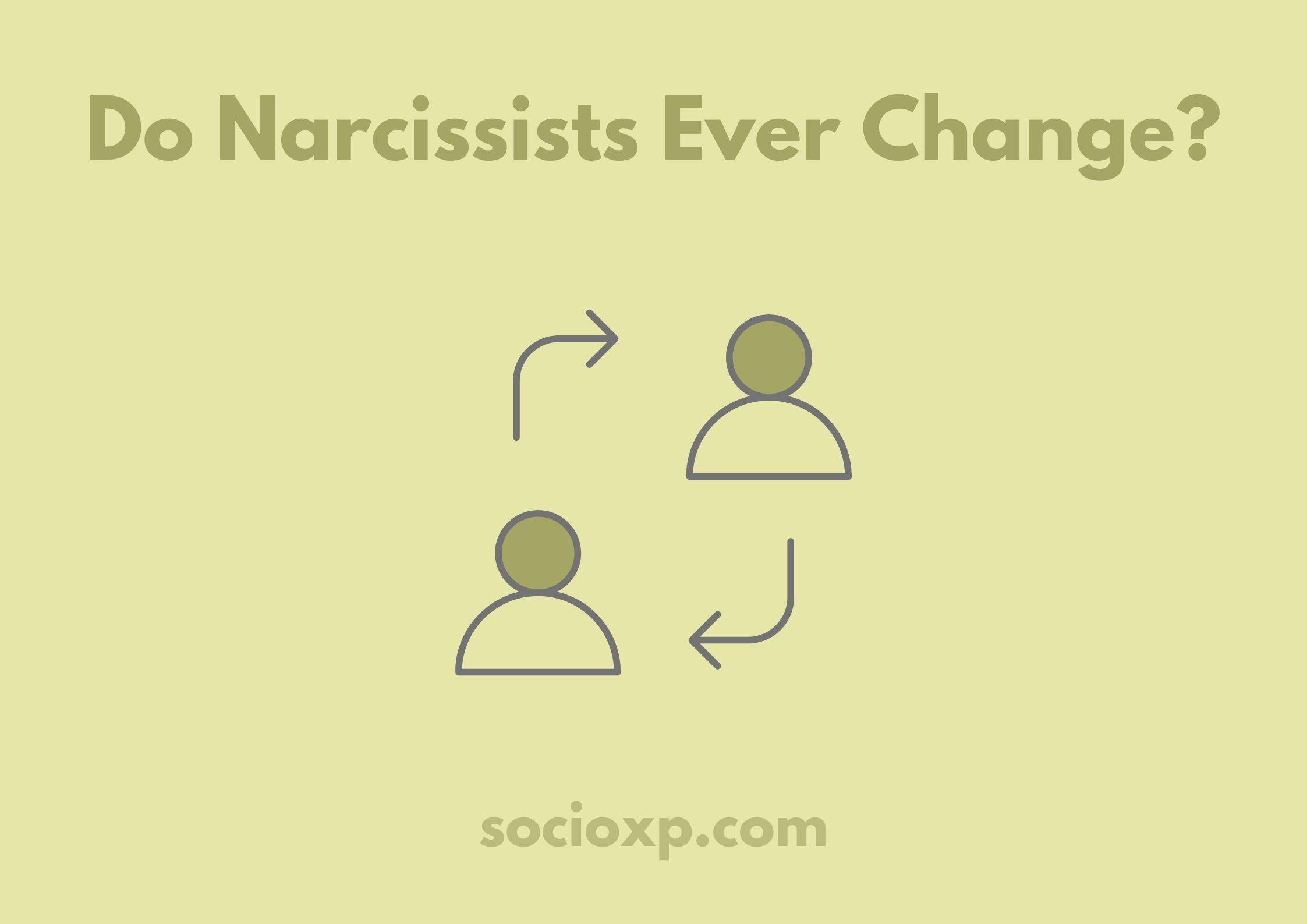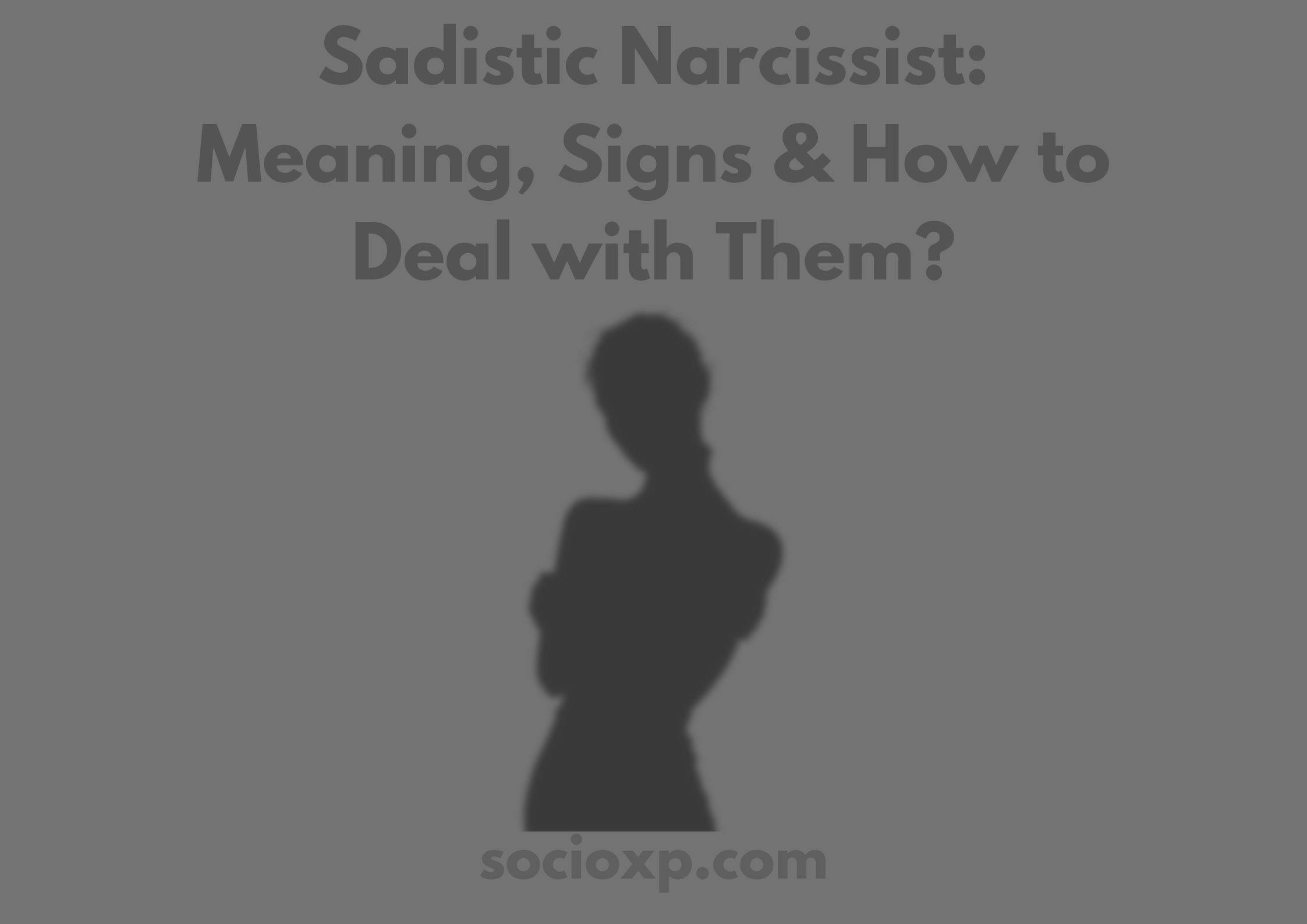20 Symptoms Of Narcissistic Victim Syndrome
What is Narcissistic Victim Mentality and the Symptoms Of Narcissistic Victim Syndrome? Let us get into the depth of these terms.
What is Narcissistic Victim Syndrome?
Narcissistic Victim Syndrome is an experience that the victims of narcissistic abuse face or feel after being in a relationship with a narcissistic individual. It is often an aftermath of psychological, physical, and emotional traumatic experiences that victims of a narcissistic relationship go through after being in such a toxic relationship.
It is a set of symptoms that may result from constant exposure to narcissistic abuse and a toxic atmosphere which makes it tough for the victims to forget the traumatic experiences.

Though Narcissistic Victim Syndrome is not a clinically recognized mental health disorder, it has been recognized as a concept that has been widely accepted by mental health experts and professionals to address the problems and challenges faced by the victims of narcissistic abuse.
So if you feel you are free from a relationship that may be toxic, you may want to check for symptoms of Narcissistic Victim Syndrome that are mentioned below,
20 Symptoms Of Narcissistic Victim Syndrome
Here are 20 Symptoms of Narcissistic Victim Syndrome,
Intense Feelings of Worthlessness and Shame
The Narcissistic cycle of abuse may have a similar approach to abusive relationships but with an extra touch of love bombing, insulting, devaluing, and discarding.
Narcissists degrade and devalue their victims by constantly making them feel worthless. They manipulate their victims into believing that they are not worthy of love, praise, or any kind of positive appreciation as they lack, whereas, in reality, it is not so. The narcissist has low self-esteem and thus projects their insecurities on their victims.
Thus victims of narcissistic abuse might feel that they are unlovable, and not worthy of any support, happiness, praise, or any such positive reinforcement making them feel hopeless.
Persistent feelings of Sadness and Depression
Victims of narcissistic abuse may feel empty and desolate after being in a relationship with a narcissist, as they feel they are not worthy of love, care, or any kind of endearment after being with a narcissist.
Such victims struggle to find joy, happiness, or a feeling of being deserving after getting involved with a narcissist.

Obsessive Thoughts about the abusive narcissistic partner and the toxic past
Narcissists have this tendency to leave a lasting impression and a habit of dependency on their victims, so much so that their victims are unable to move on after leaving the relationship.
The victims of narcissistic abuse find themselves trapped in the cycle of disturbing thoughts of past incidents which may be traumatic. These thoughts can consume the mental space of the victim and make it difficult to move on ahead in life. They are unable to remove the narcissist completely from their thoughts for a long time after breaking up.
Fear of Confrontation
Narcissists run away from the truth as they do not like being told about reality. They are not good at dealing with truth, feelings, vulnerabilities, and confrontations.
Confrontations may arouse their wrath and they might make a scene. They would be loud and volatile about being confronted. Thus the victims of narcissistic abuse may develop a fear of confronting the truth even after parting ways with the narcissist. They fear confronting someone may trigger their negative emotions and they may have to face rage.
The victims of narcissistic abuse are so trapped in the whole narcissistic world of abuse and trauma, so much so that they find it difficult to adjust to the outside world after parting ways with the narcissist.
Isolation and withdrawal from social interactions
Narcissists usually isolate their victims to establish control and tighten their grip on their lives. They even keep their victims from social interactions and may force them to withdraw from anyone who might point out their abusive partners (that is the narcissist).
They may rip off the victim’s social network support and cut off any meaningful connection that may allow them to form a close bond because the narcissist wants their victims to focus only on them and not anyone else.
Thus victims of narcissistic abuse might often find themselves socially withdrawn and isolated even after breaking up with the narcissist.

Ongoing Hypervigilance
The victims of narcissistic abuse often become hyper-vigilant as they may always face the narcissist’s rage or wrath that may put them on guard or in any conflict and even for their own protection.
Chronic Fatigue and Exhaustion
Narcissists are energy sponges as they would suck the positivity out of their victims and drain them. They would make them feel emotionally exhausted by insulting them when they do not agree, making them feel guilty without their fault, demanding money and constant attention in the form of love, keeping high expectations, and fulfilling all their desires.
They would also be mean to their victims, sarcastic and crack jokes on them, humiliate them, and constantly threaten them to keep their toxic side hidden. This can make the victim feel exhausted and always under chronic fatigue as they may be always working to please the narcissist.
Health Issues
Narcissists can harm their victims physically, emotionally, and psychologically. When a person is not happy their health might start deteriorating immediately.
By being with the narcissist their victims may face many issues related to their digestive system, leading to stomach ulcers, gastronomical disorders, irritable bowel syndrome, and much more.
Flashbacks of the Abusive Relationship
Narcissistic abuse may leave the victims with traumatic intrusive memories and flashbacks from the toxic past. These thoughts may trigger stress and sadness thus leading to lifelong distress for their victims.
Sleep Disturbances Due to Trauma
Narcissistic relationships may infiltrate a victim’s life so much that the victims have a disturbed sleep cycle as the flashes from the past may not allow them to sleep and put them into deep thought.
A disturbed sleep schedule may thus lead to depression or other mental health-related illnesses. Improper or a lack of sleep can cause many physical health issues too.
Heightened Sensitivity and Stress
Narcissistic abuse may leave their victims prone to stress and make them emotionally hypersensitive. They may not be able to come out of a depressive state of mind for a long time due to past traumatic experiences.
Nightmares
The narcissistic cycle of Abuse leaves the victims experiencing emptiness, deep scars, and a long-lost connection with the world. Narcissists have a very negative impact on their partners and thus their partners may have nightmares and disturbing dreams which may leave them with a distressed sleep cycle.
Narcissists affect the psychological processes of their victims and thus they may have deeply ingrained negative memories that may disrupt their life cycle too.

Constant Self Doubt and low self-esteem
Narcissistic abuse leaves the victim’s self-esteem shattered and keeps them in a mind state of constant self-doubt. After being with a narcissist their victims often question their appearances, and values, a constant feeling of inadequacy, unworthiness, and a shattered self-confidence.
Frequent episodes of Separation Anxiety and Panic Attacks
After prolonged exposure to abuse, toxicity manipulation, and control, when the victims find themselves out of the toxic atmosphere, they may be even more stressed as nobody is controlling them any more. They might feel like something is missing. The independent life may sometimes give the victims panic attacks as they may worry about the future without a partner.
The feeling of emptiness might not leave them for a while and this may give birth to new anxieties which may not be that stressful but the newfound freedom, lack of support, financial struggle, a surge of emotions, worries regarding finding a place and all of that might be giving you separation anxiety when the victims leave the narcissist.
Emotional Detachment and Numbness as a Defense Mechanism
To protect themselves from emotional damage and harm, the victims of narcissistic abuse often develop a defense mechanism that includes emotional detachment and numbness. This serves as a coping strategy to save themselves from the pain and abuse inflicted by the narcissist.
Difficulty making decisions and trusting one’s own Judgement
Years of manipulation and gaslighting by the narcissist can leave the narcissistic victims to doubt their own judgments, decision-making skills, self-worth, and self-esteem. Their decision-making skills may be affected and this may result in a fear of making wrong decisions.
Trouble establishing boundaries
Narcissists often violate the personal boundaries of their victims. They also dismiss their victim’s desires. Establishing boundaries may become difficult for the victims as the narcissist may always invade their personal space.
Insomnia
Narcissistic relationships can disrupt the sleep cycle and sleep patterns of their victims. It may also lead to insomnia, nightmares, or dark flashes from the past.
Frequent Headaches and Migraines
Anxiety and Stress often lead to health issues. Mainly these may lead to headaches and migraines for the victims of narcissistic abuse. These symptoms may serve as a reminder of the traumatic experiences from the past.
Weakened Immune System
Stress and anxiety caused by narcissistic abuse may lead to a weakened immune system making the victims more susceptible to stomach infections and illnesses. A weakened immune system may lead to colds, flu, chronic diseases, and much more.
You feel vulnerable and alone
Narcissists are masters of manipulation and their toxic selves may never be displayed publically. Being with a narcissist may feel like you are being isolated and deprived of social relationships as the narcissists present themselves as these perfect partners but from the inside they are the most toxic and manipulative beings.
These feelings may leave their victims feeling isolated, vulnerable, and alone.
You have trust issues
Being with a narcissist may leave their victims having trust issues, as narcissists may destroy their trust completely. Infidelity and Narcissism go hand in hand and this may leave their victims feeling distrust.
Last Words
It is important to note that not all victims of narcissistic abuse may exhibit similar issues. Narcissistic Victim Syndrome should be diagnosed and must be treated under the guidance of mental health professionals.
Recognizing the symptoms of narcissistic victim syndrome and working on them may lead the victims toward healing.
- Do Narcissists Ever Change? - November 8, 2025
- What Happens When A Narcissist Loses In Court? - November 8, 2025
- Narcissistic Triangulation in Friendships – How to Respond? - November 7, 2025


